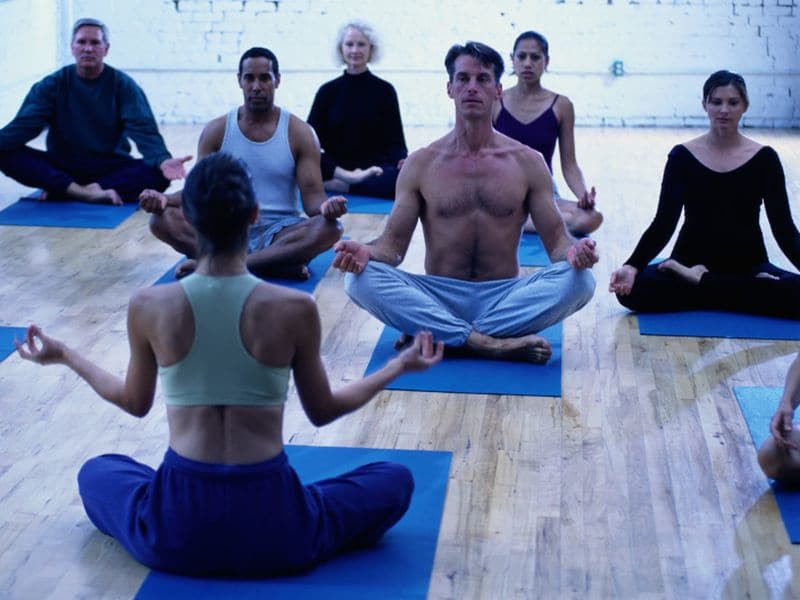THURSDAY, Sept. 20, 2018 (HealthDay News) — Different from osteoarthritis, which is the wear-and-tear breakdown of joint cartilage experienced over time, rheumatoid arthritis, or RA, is an autoimmune disease that causes both pain and intense fatigue.
When you’re in the throes of a flare, exercise may seem like mission impossible and you might be advised to rest until it passes. But exercise is an essential part of an overall treatment plan to ease RA symptoms and improve mobility. Aim for a weekly routine that includes stretching, cardio and strength training.
Stretching boosts flexibility and range of motion. First, warm muscles with 5 minutes of light movement, then do a series of stretches to target all muscle groups. Always hold each stretch for 20 seconds. Yoga and tai chi are specific activities that increase flexibility and may even help ease the emotional stress of RA. To learn the basics, take a class or work one-on-one with an instructor, at least at first.
You can get the benefits of cardio with low-impact exercises, which are easier on your joints than a pounding activity like running. Walking is great, but swimming and water workouts put even less stress on joints because of the buoyancy of the water.
Support your joints by strengthening the muscles around them with resistance exercises. You can use stretchy resistance bands if weights are too hard to manage. Pay special attention to the muscles surrounding the joints most affected by rheumatoid arthritis, but don’t neglect other muscle groups.
Work with your rheumatologist or a physical therapist familiar with RA to develop an individualized plan and ask how you should tailor your activities when a flare strikes.
More information
The Arthritis Foundation has more tips to help you find the best exercises when you have RA.
Copyright © 2026 HealthDay. All rights reserved.

